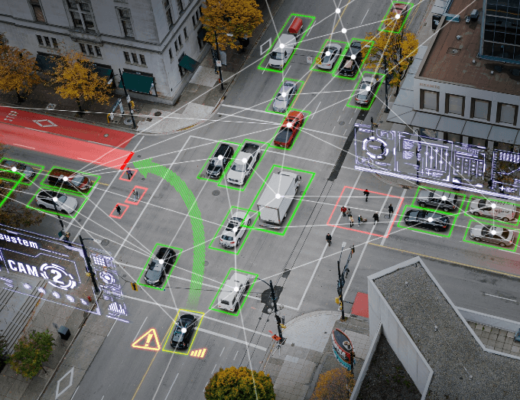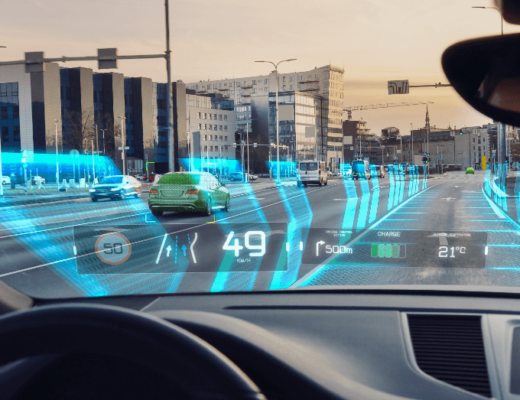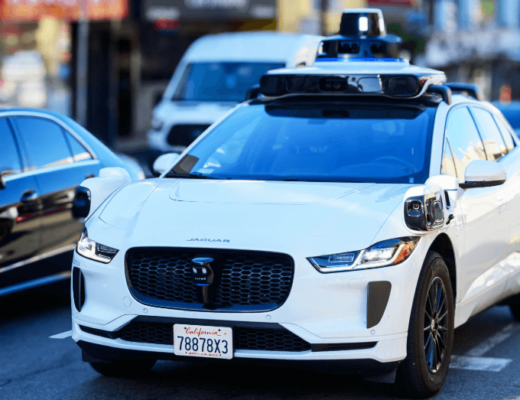It’s coming and if you listen to Elon Musk of Tesla Motors it will be here much sooner than most think. His prediction is that you will be able to summon your car to your location in no more than three years’ time. This bold announcement has already garnered some push back from others in the automotive world with Carlos Ghosn of Nissan stating the first self-driving Nissan will be on the road in 2020 and the Audi USA president Scott Koegh adding he feels we won’t see fully autonomous driving vehicles for at least a decade.
The first part of the problem, according to Koegh, is the fact that we haven’t fully defined what an autonomous car is. Many cars are already on the road with semi-autonomous driving. These cars are equipped with sensors that read the lane lines or have GPS mapping to ensure they are able to follow the road as it is made. These car still require the driver to take over controls at different times, which in some Audi models is as often as touching the wheel every fifteen seconds to make sure you are awake or when the roads are not marked.
What Koegh refers to as fully autonomous is a scenario where the car does all of the driving for you. He explains this won’t happen for a long time because areas need to be mapped out and gridded to ensure all data is in the information bank for the car to access and make use of. In an area that has been completely mapped out cars could potentially be fully autonomous in these areas, but how long will it take us to map out every area of the globe to have a fully autonomous world?
Other issues that can arise happen at lower speeds. these include some features of driving in different countries that have to do with the human element and an understanding that takes place on the road, especially when presented with challenges such as a four way intersection. There is no way a car run by lasers and sensors will be able to make the minute adjustments to handle an intersection that is not run by traffic lights. This actually won’t be a problem for cars at highway speeds, especially on interstates, but the lower speed driving will completely confuse even the best autonomous car.
Does it seem like we desire the ability to drive less? According to Koegh, Audi has seventy percent penetration for the A6 and A7 when it comes to the adaptive cruise control that is in place. For the A8 this percent is closer to one hundred and leads us to know that owners would not have this technology on their car unless they used it and desired it.
Autonomous driving cars are on their way to us, maybe not as fast as Elon Musk seems to think, but eventually there will be some and eventually all cars with the ability to do all the driving for us. It seems the prediction from Scott Koegh is more feasible than any prediction that puts this on the market in three to four years.
This post may contain affiliate links. Meaning a commission is given should you decide to make a purchase through these links, at no cost to you. All products shown are researched and tested to give an accurate review for you.




